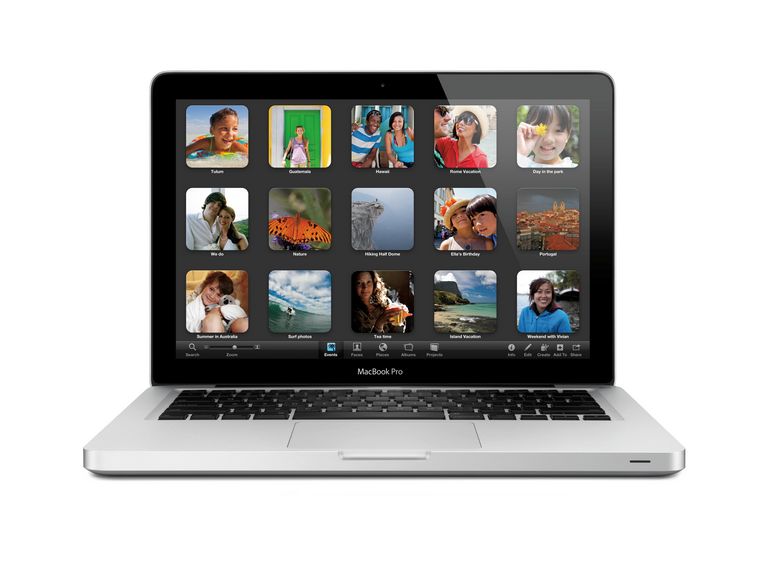On Friday of last week Apple executed a rare u-turn over its decision to quit EPEAT (Electronic Product Environmental Assessment Tool) certification. The company had announced the week before that they would be withdrawing 39 of their desktop computers, laptops and monitors from EPEAT's registry of products and would not submit any future products for evaluation.
EPEAT sets electronics manufacturers eight different environmental standards, (such as the recyclability of packaging materials and components, the lifetime of the product and the toxic materials it contains) in order to set an environmental yardstick for large organizations (such as governments and large corporations) conducting any kind of impact assessment. In announcing that they were leaving EPEAT, Apple told Robert Frisbee, the CEO of EPEAT that they believed their design direction to be 'no longer consistent with the EPEAT requirements.'
Industry insiders noted at the time that the decision was probably made by Apple because their latest products (such as the Macbook Pro with Retina Display) are now held together with industrial glue rather than using screws and are not easily recyclable with common tools - one of the requirements of EPEAT.
Frisbee noted that "If a battery is glued to the case that means you can't recycle the case and you can't recycle the battery". He pointed out that the new Macbook Pro wouldn't have passed their certification process. Contrary to Apple's claims last week that they were 'ahead of the curve' on green design it seems the company were simply unable to pass the high EPEAT standards with their latest products.
The computer giant's change of heart was no doubt influenced by the fact that when they left the EPEAT program Apple computers immediately became ineligible for purchase by the US Federal government and all its agencies. US government policy requires that 95% of the electronics purchased by each department and agency must be certified by EPEAT. This was confirmed by San Francisco City Services, who immediately announced they would not be purchasing any more Macs if they did not come with EPEAT certification.
Consequently, in the face of a lot of negative publicity from environmental groups, government organizations and mac fan-boys, Apple announced their swift reversal of the decision. Bob Mansfield, Apple's Hardware Engineering Vice-President wrote a letter to Apple customers explaining why they were returning to EPEAT. In the letter he noted that the company had heard from a great many of their customers that they were disappointed the company was withdrawing from EPEAT and the environmental ratings system. Bob Mansfield noted that he now recognized 'that this was a mistake' and that starting immediately, all eligible Apple products would be back on EPEAT.
This was confirmed by Bob Frisbee who added that the group was looking forward to working with Apple in the future and would use the incident to look into even more progressive changes in the process of EPEAT certification:
"An interesting question for EPEAT will be how to reward innovations that are not yet envisioned with standards that are fixed at a future point in time. Diverse goals, optional points awarded for innovations that are not yet described, and flexibility within specified parameters to make this happen - all of these are on the table in EPEAT stakeholder discussions."
Despite the last couple of weeks being a rare own goal for Apple, the end result is a good one for people who care about green standards being at the heart of good design; the EPEAT has received a ton of free publicity and the world's most famous brand has been told by its customers to stick to its green principles.










